The Ibiari: A Sacred Tradition in Tarok land
- Home /
- blog post
The Ibiari Oga Sa festival, an annual tradition in Tarokland, was celebrated today as part of the year-end observance marking the conclusion of the winter season. This significant event is a time for clans to gather at the hills where the remains of revered ancestors, particularly grandfathers, are interred. The festival is steeped in deep rituals that honor the spirits of the past and preserve the heritage of the land.
Exclusive to men who are initiated or deeply knowledgeable in the traditional ways of the Tarok people, the festival allows women and children to attend but restricts their participation. They must wait at specific locations called Igalen, which serve as resting points for those who have climbed the higher hills where the ancestors are buried. Here, the men rest, eat, and drink before continuing their sacred duties.
The main ceremony takes place at the higher hills where the ancestors’ remains rest. The ritual begins with the clearing of grass around the sacred burial sites, led by the Ponzhi Ishi, the chief ceremonial leader. The Ponzhi Ishi first applies clay to the most senior ancestors' graves. Following this, family members of the deceased ascend the hill to add more clay to the ancestral mounds, further honoring their forebears.
Once the clay molding is completed, the ritual continues with the sacrifice of chickens brought by the participants. As part of the ceremony, one person holds the head of the chicken, while another holds its legs and wings, severing its head to spill blood onto the clay mound. This act symbolizes a plea for blessings and forgiveness from the spirits of the ancestors.
After the sacrifice, nche, a traditional liquid, is poured around the sacred space, followed by a collective prayer from each family representative. The prayer asks for peace, blessings, fertility, and a bountiful harvest, invoking the spirits of the land with words such as: "Ndamdam, take this, give to Rimfa, Ponbin, Zhiki, and all others. As you receive this, please grant us peace and blessings in the land. We ask for fruitful harvests in our farms and the fruit of the womb from our wives."
The chickens are then roasted, and portions are distributed among the participants. Each person receives a piece from their respective chicken, and the remaining meat is shared amongst everyone. The drinks brought to the hill are also enjoyed together. Prior to the rituals, Ibiari, a sacred mixture of grains, is applied to the bodies of the attendees. This ritual application is believed to provide protection and blessings.
Before heading to the festival, each family holds a meeting to discuss their concerns. One family member is chosen to represent them during the ceremony, presenting the family’s issues to the spirits of their ancestors while performing the rituals. The Ibiari festival is a time for reflection, connection, and seeking guidance from the past for a prosperous future.
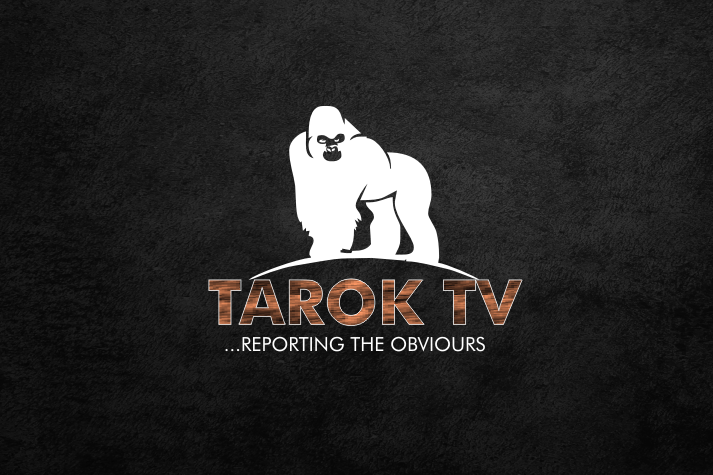
About Admin - Admin
TarokTv, ...Reporting the obvious.
Contact
Phone number: 07062319173
Email: [email protected]
Reach out to us with any news or article.
leave a comment
1 comment
Latest Articles
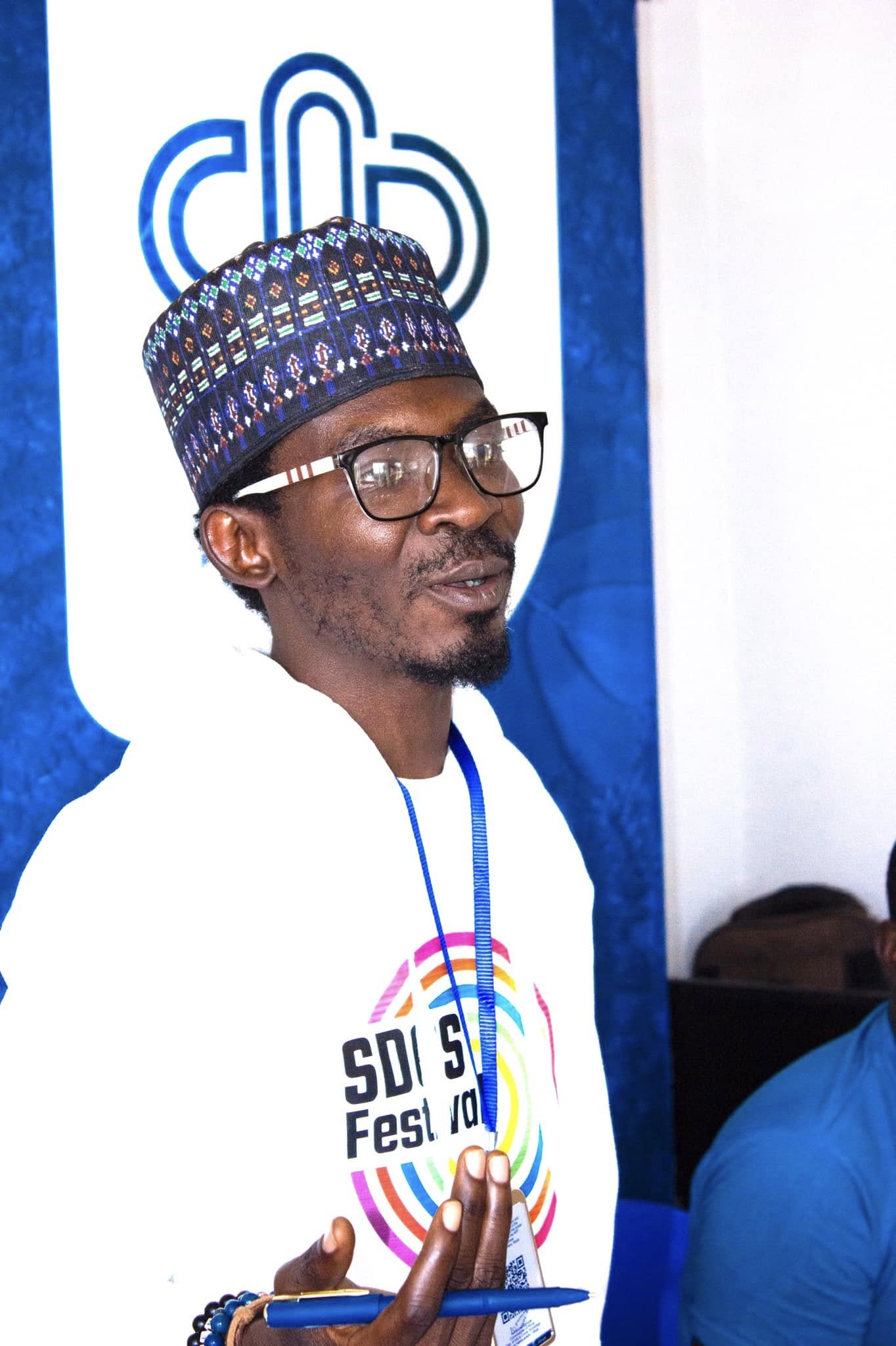
Success leaves clues, and those who seek to make a difference must study the lives of those who…
read more
Langtang, a town in Plateau State, Nigeria, is not just another dot on the map but a significant origin for…
read more
Brief Biography of Gen. (Senator) Jeremiah Timbut Useni
Early Life and Education:
Jeremiah Timbut Useni, often referred to as "Jerry Boy," was born on February 16, 1943,…
read more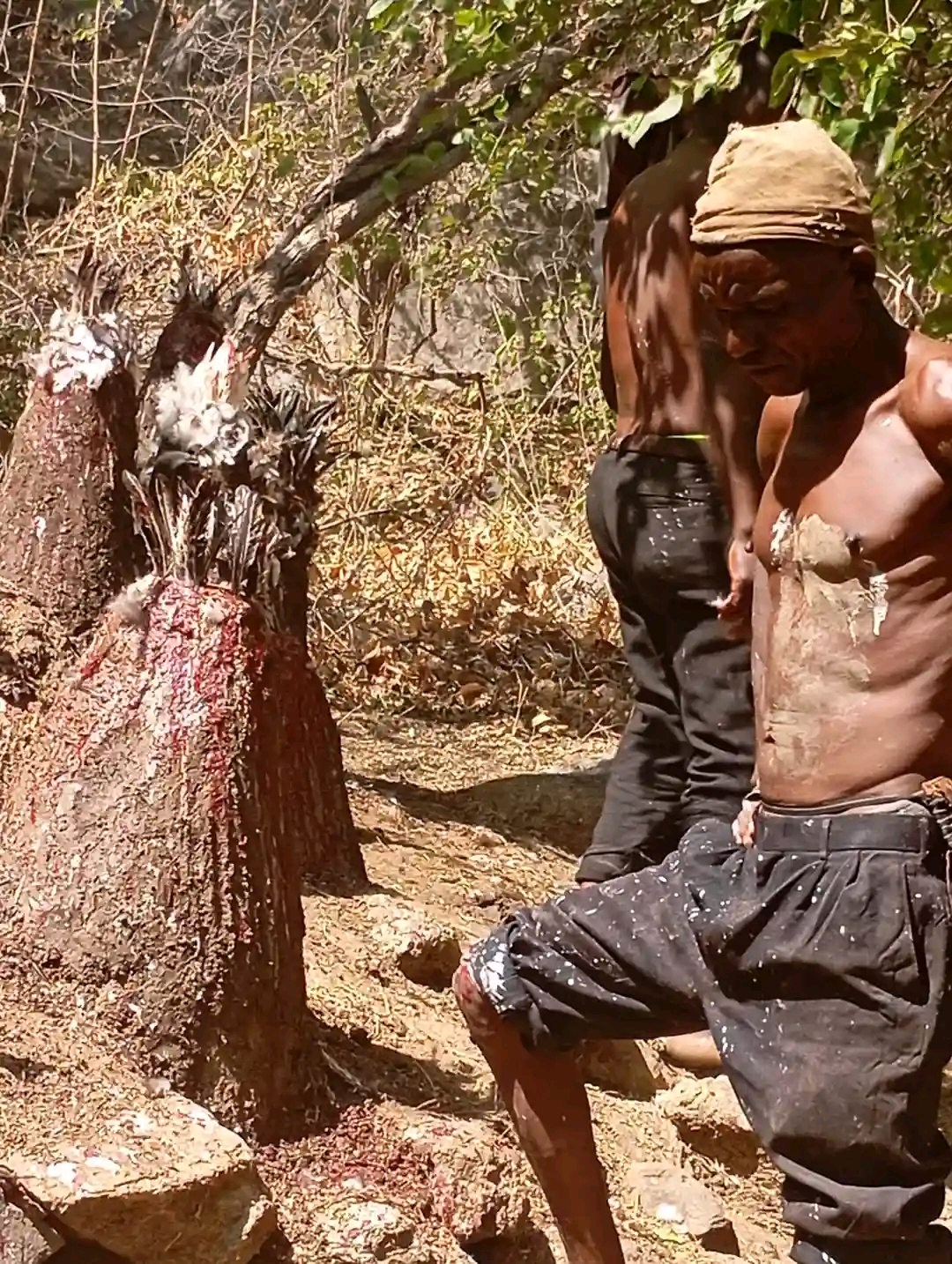
The Ibiari: A Sacred Tradition in Tarok land
The Ibiari Oga Sa festival, an annual tradition in Tarokland, was celebrated today as part of the year-end observance marking…
read more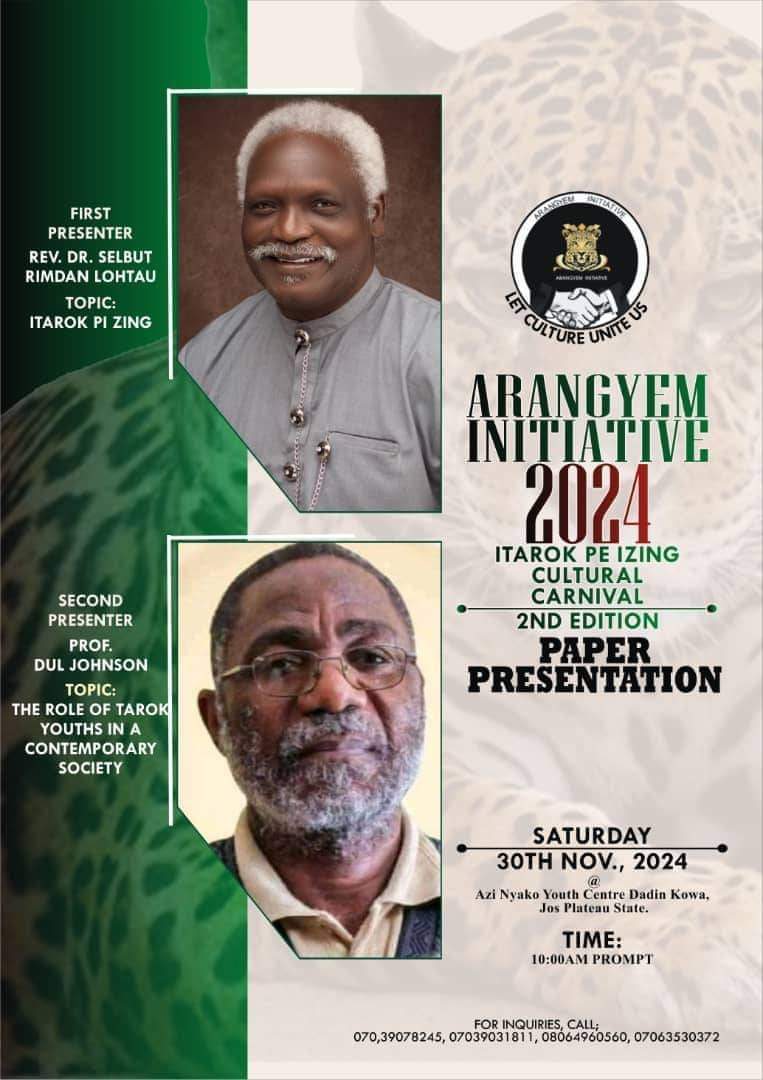
ITAROK PA IZING BY REV. DR. SELBUT LONGTAU
A PAPER PRESENTATION AT ITAROK PA IZING 2ND CARNIVAL HELD AT THE AZI NYAKO YOUTH CENTRE, JOS, 30TH NOVEMBER, 2024
… read more
TarokTv News: The Return of "Gathering of Bookworms" - A Literary Revival in Langtang North/South
TarokTv is thrilled to announce the upcoming edition of the Gathering of Bookworms, a celebrated event aimed at uniting the…
read moreLatest Albums
Recent videos
Copyright © 2020 - TarokTv designed by Taroktv Media.

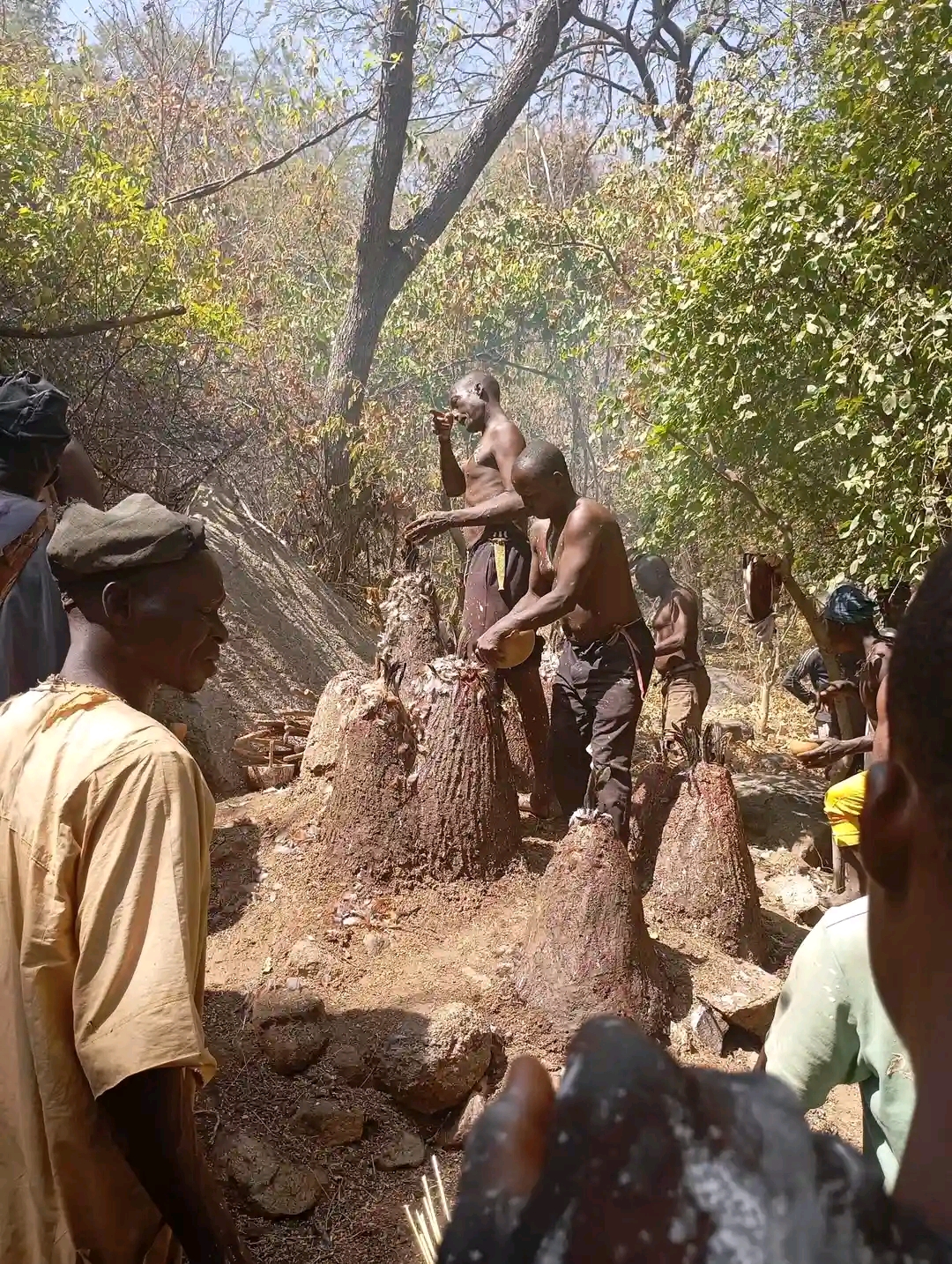

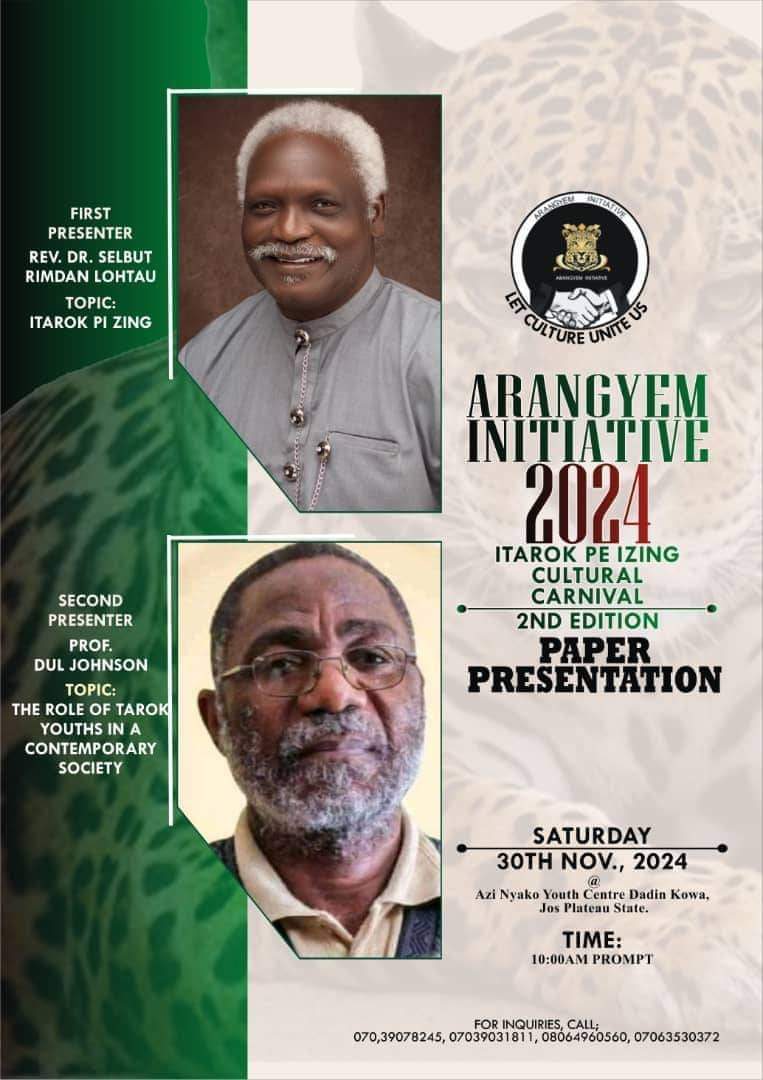



WELDONE MY BROTHER FOR THIS WONDERFUL RESEARCH